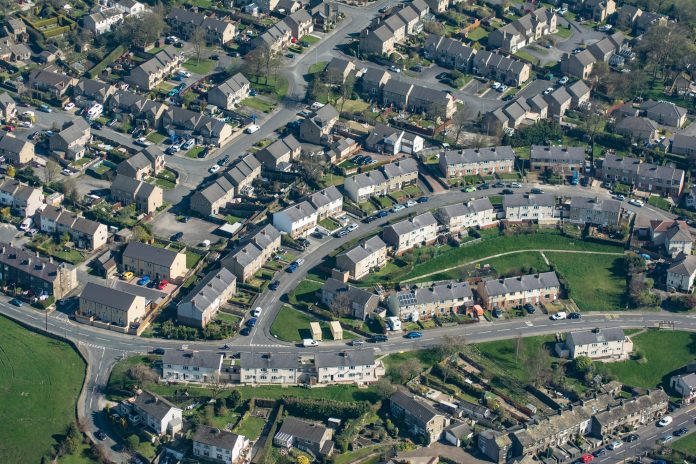Tilia Homes break down some of the crucial details that first time buyers need to consider before buying a home ahead of the new financial year
April is fast approaching and that signals the start of the new financial year and a time when house buying rockets. Buying a home for the first time can be a daunting prospect. This is where Kier Living is on hand to help. Delete agency has collaborated with the new home developers to show you some of the things you need to consider before you’re ready to make the big move.
Right at the start of your buying journey, there are a number of things you need to think about to make sure you are ready to buy a home. It may well be that you think you are ready but sometimes it may not simply be the right time for you.
Are you ready?
The first consideration sounds simple, are actually ready to buy your home? It’s important to read up on all the information you need before working out whether it’s time to start saving. This includes mortgages, are you financially ready? Also, have a look at the current housing market and work out what areas and homes are affordable for you. You may also need to open a new account to begin your savings. This will help you work out how much you need to save and the time it will take.
For example, if the deposit is 10% on a £180,000 house, you’ll need to save £18,000. At a rate of £500 a month, it would take 3 years. If there are two of you saving, it could take half the time and this makes the whole saving process go a lot faster as you’ll have the funds you need in a shorter time.
There’s some useful information on the Gov.uk website looking at affordable home ownership schemes.
Consider the additional fees you need to save for
On top of your mortgage, there are also additional fees that you need to be aware of. Stamp Duty is only something you need to be concerned about if you’re a first time buyer if the house you were purchasing is over £500,000.
There are a number of mortgage fees you may be required to pay, these include:
- Arrangement fees – lenders costs for setting up the mortgage and these can range from being free up to several thousands of pounds.
- Booking fees – some lenders will charge a fee to meet with them and apply for a mortgage. These are typically around £100.
- Administration costs – some lenders will also charge you extra for the time it takes them to put everything in place for your mortgage once it’s been approved.
There are also surveyors fees which range between £250-£1000 and legal costs. And still there are a few lesser-known additional fees, check out the Additional Fees when buying your first home guide compiled by Kier for more information.
Your financial situation
The time it takes to save first and foremost is something to consider, but you also need to look at your income and be realistic with how much you can save and how fast you can save. You do also need to take the additional fees into consideration in addition to your savings.
It might also be worth running a quick credit check to look at your credit score and see whether it needs some work. Your credit score can be affected by a number of different factors so it’s worth looking early into your saving cycle so you can try and improve it over time.
What extra support is available?
Fortunately, there is extra support available to help boost your savings. Opening up a Lifetime ISA (LISA) is one way of boosting your savings. If, in the financial year April to March you save £4,000, the government will give you a bonus of £1,000 (or 25% of whatever you save), boosting your savings up to £5,000.
There are also government schemes like the Help to Buy Equity Loan. This is a loan from the government that you put towards the cost of buying a newly built home. You can borrow a minimum of 5% and up to a maximum of 20% or 40% in London of the full purchase price of a new-build home.
If you’re at the beginning of your buyers journey, Kier Living have put together a First Time Home Buyers Guide to go through these points in more detail and help to guide you through the buying process from saving to purchasing.











